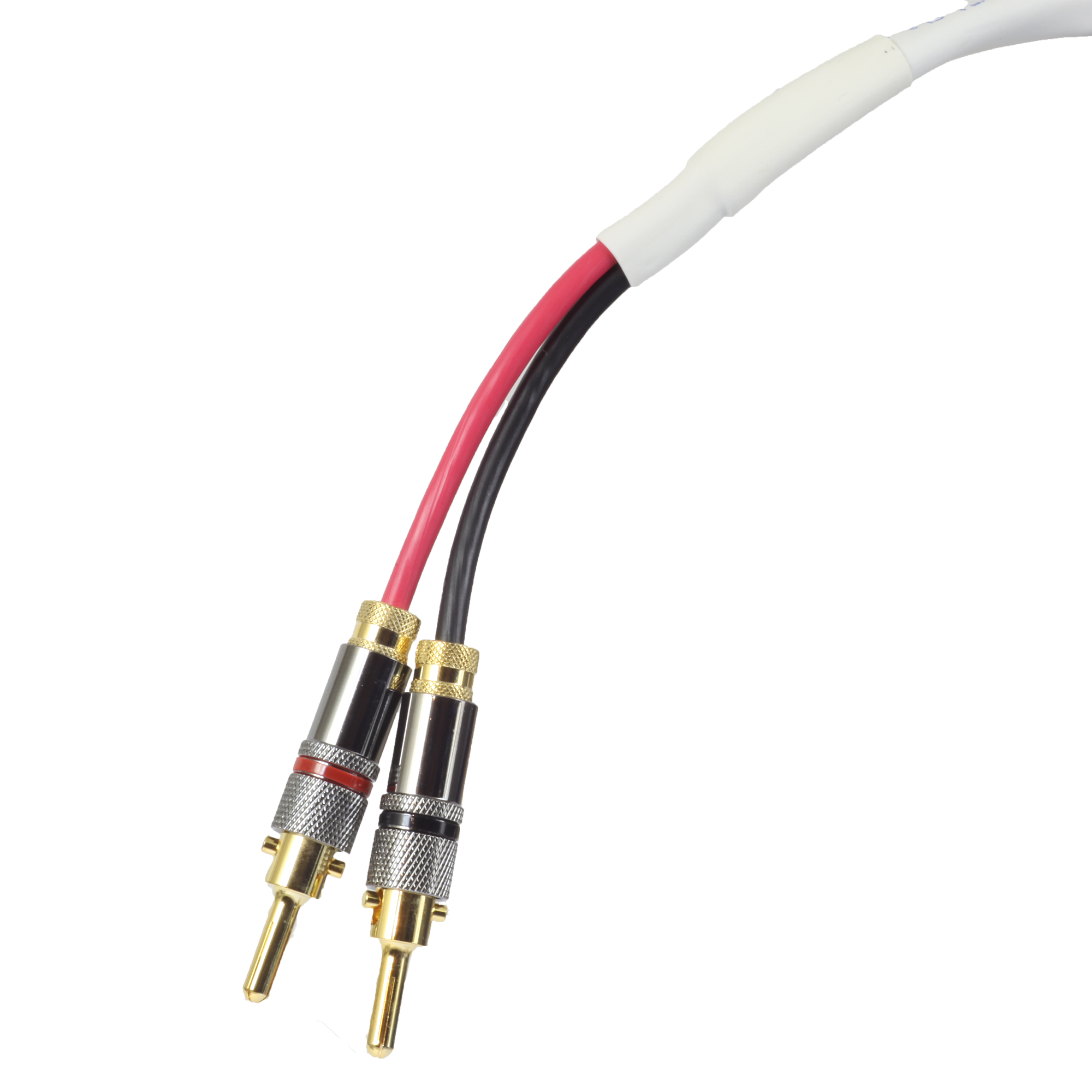3D Calibration
- This topic has 21 replies, 9 voices, and was last updated 13 years, 9 months ago by .
-
Topic
-
Hi Gang,
I was wondering if anyone has done a 3D calibration with a meter such as the i1Pro. It seems hanging the glasses in front of the meter would yield some inconsistent results because, from what I understand, viewing angle is important. Also, what did you use for patterns?Maybe, Gregg or Michael or some other ace calibrator could post a quick tutorial.
Thanks.
- You must be logged in to reply to this topic.





























